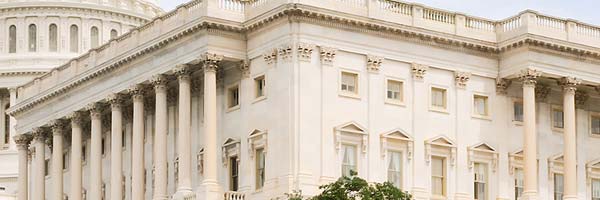
Budget and Accrual Reconciliation Guidance
The Bureau of the Fiscal Service offers the following reference guidance to help federal agencies facilitate the implementation of the Federal Accounting Standards Advisory Board (FASAB) Statement of Federal Financial Accounting Standards (SFFAS) 53, Budget and Accrual Reconciliation.
SFFAS 53 amends requirements for a reconciliation between budgetary and financial accounting information, previously set in SFFAS 7, Accounting for Revenue and Other Financing Sources and Concepts for Reconciling Budgetary and Financial Accounting.
Also, SFFAS 53 rescinds SFFAS 22 Change in Certain Requirements for Reconciling Obligations and Net Cost of Operations in its entirety, and amends SFFAS 24, Selected Standards for the Consolidated Financial Report of the United States Government, to modify the requirements for Statement of Financing note disclosure.
This guidance is not intended to be all-inclusive or standard government-wide. Many agencies have various specialized components or engage in diverse business activities to accomplish their missions. Agencies should use their discretionary and professional judgment when preparing the BAR to adapt the reconciliation to best show its activities.
Overview
The new reconciliation, referred to as the Budget and Accrual Reconciliation (BAR), requires a reconciliation of the entity’s net outlays on a budgetary basis and the net cost of operations during the reporting period. The BAR replaces the current Statement of Finance (SOF) note disclosure, which reconciles the budgetary resources obligated (and some non-budgetary resources) and the net cost of operation. This standard is effective for Fiscal Year 2019 reporting. Early adoption is permitted.
The reconciliation of net outlays (reported on the Statement of Budgetary Resources) and net cost (reported on the Statement of Net Cost) clarifies the relationship between budgetary and financial accounting information. Examples of reconciling items the BAR helps to identify are: 1) Transactions which did not result in an outlay but did result in a cost; and 2) Unpaid expenses included in the net cost in this reporting period but not yet included in outlays.
As part of the preparation for this standard, FASAB developed a task force to review the standard and provide feedback. One of the recommendations from this task force was that Treasury (Bureau of the Fiscal Service), provide a crosswalk to increase consistency across agencies and to effectively balance this new reconciliation for major funds.
For the latest updates on the proposed standard, agencies should reference the FASAB website.
BAR Crosswalk Guide (Last Updated September 2024)
Download PDFDownload Excel
